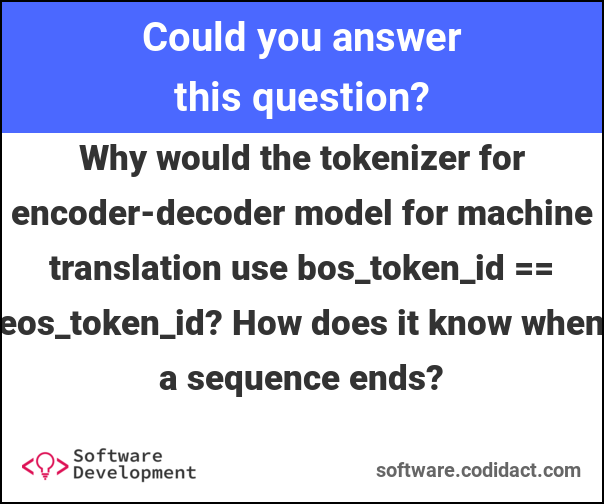How to identify target audience? And how much details do I need to know about my perfect reader?
I'm identifying my target audience based on the experiment explained in the Snowflake Method book. The narrator describes it as follows:
“Now I want you to imagine that you’ve published your novel and it’s on the appropriate shelf at your local bookstore. Six people walk into the store. An older man and woman. A younger man and woman. A boy and a girl. Can you see them?” Goldilocks nodded. “Which one of them is going to be interested in your book?” Baby Bear asked.
Ingermanson, Randy. How to Write a Novel Using the Snowflake Method (Advanced Fiction Writing Book 1) (pp. 13-14). Ingermanson Communications, Inc. Kindle Edition.
The writer argues that it is essential to have good knowledge of who is likely to pick the story up, and I agree with his argument. It is sensible to know what makes the reader tick.
I did some work to that extent for the story I'm writing—honestly, hoping to write. I have an age range and a list of likes and dislikes in novels, but not life.
What are the practical details I need to identify in my target audience?
If I have a perfect reader in mind, how well do I need to profile them as a basis for target audience identification?
This post was sourced from https://writers.stackexchange.com/q/44384. It is licensed under CC BY-SA 3.0.
1 answer
The example you give in your question is all about age and gender. And age is the one category you need to be mindful of while you write. Most people know in advance the age group they are writing for, others narrow it down as they write.
Now, the example is about older adults vs younger adults vs kids. In terms of labeling your writing, the important divisions are kids (children (0-7 years), middle grade (8-12), and young adult (12-18)) vs adults.
But you may have an idea in your head about other ages (the 20s/30's crowd vs seniors might be relevant to your work, or not) and other audience divisions. Every book will be different this way.
For example, my book is middle grade, meaning I'm aiming it at 8-12 year olds. But I'm also writing with other ages in mind and hoping it will become a family (all-ages) book. When I imagine my readers, they are of all genders, professions, political persuasions, and backgrounds, but they are either Jewish or connected to Judaism in some tangible way (like having a Jewish parent/grandparent). This is because Judaism is the subject of my book. I will welcome readers without that connection but I'm writing the book for the Jewish readers.
Does knowing my audience change how I write?
Yes it does. The core parts of my book are accessible (I hope) to anyone. But I'm including tons of material that I simply will not explain to the reader. Things that Jewish readers will get immediately but others won't. But only when the not-getting isn't important or noticeable.
For example, I use the number 18 in a prominent way. Most of the Jewish readers will immediately see how and why this is important. The non-Jewish readers probably won't. But they won't be confused; it's just one of many layers of meaning I have there. I also have layers that only adults will catch.
Because my primary target is middle grade readers (tweens), I am writing with great care about the language and topics so that they won't be anything an adult would pull as "inappropriate" (though a couple things I've left in may be an issue for sensitive parents).
Does knowing my audience change how I market?
Absolutely. It changes which agents and publishers I will approach when the time comes. If I get a publisher where I have to do my own marketing (in part or in whole...and everyone does some of their own marketing these days), I will go straight for places like Hebrew schools (aka Jewish "Sunday Schools"), synagogues, Jewish camps, etc. Places where I can find Jewish children and families engaging with Judaism.
It's not about saying I don't want other readers, because I really really do. It's about targeting the groups I think will be most likely to buy the book and tell their friends to buy it.
Do all authors need to know details about their readers?
If you're writing for adults, or if you know the age classification for children you're writing for, do you need to narrow down your reader even more? Well, probably. It doesn't have to be by adult age groups or gender or race or any of the standard classifications. But I bet you have some idea in your head.
If you're writing Science Fiction, maybe your target audience is Sci-Fi geeks. Which means you'll need to pay attention to the levels of scientific detail and accuracy that your audience demands. Or maybe your ideal reader is a crossover reader from historical romantic fiction, in which case your historical details better be on point and your characterization solid.
I can't speak to the Snowflake method specifically, but whatever method works for you to imagine your readers will help you in guiding the development of your book.





















0 comment threads